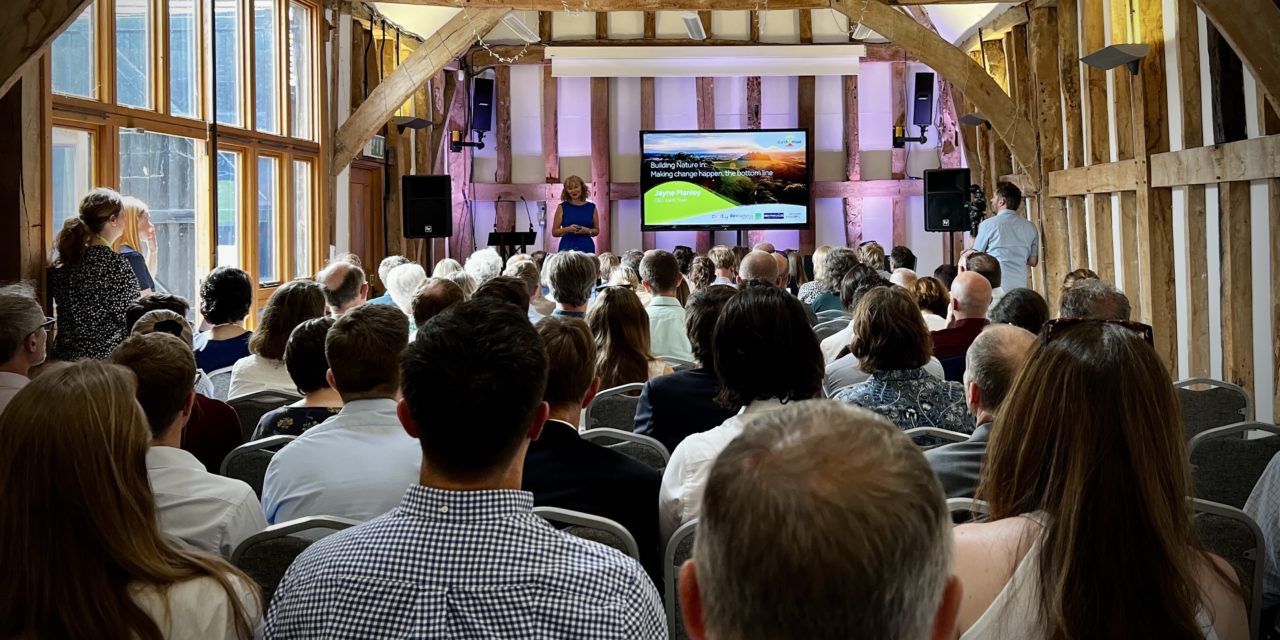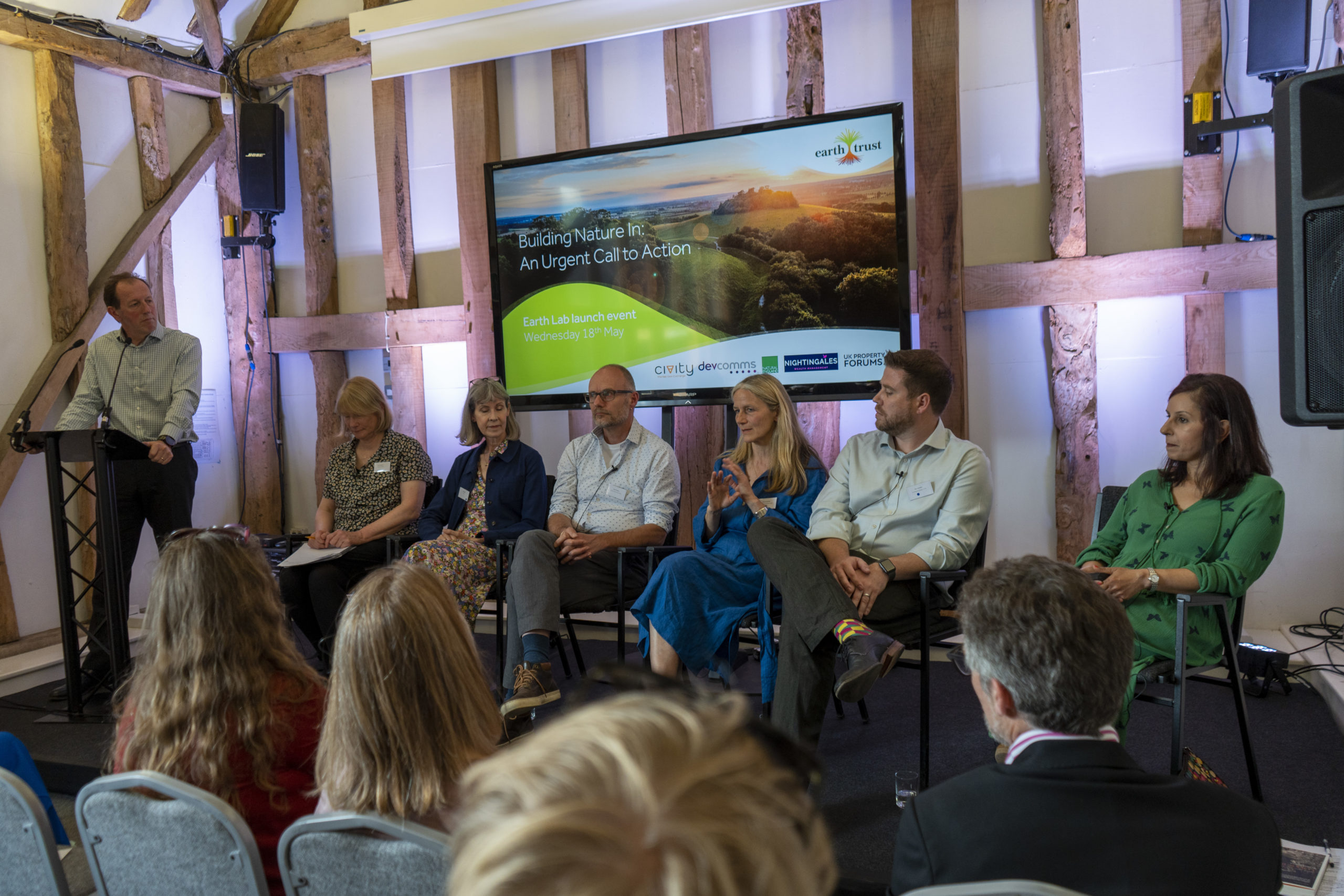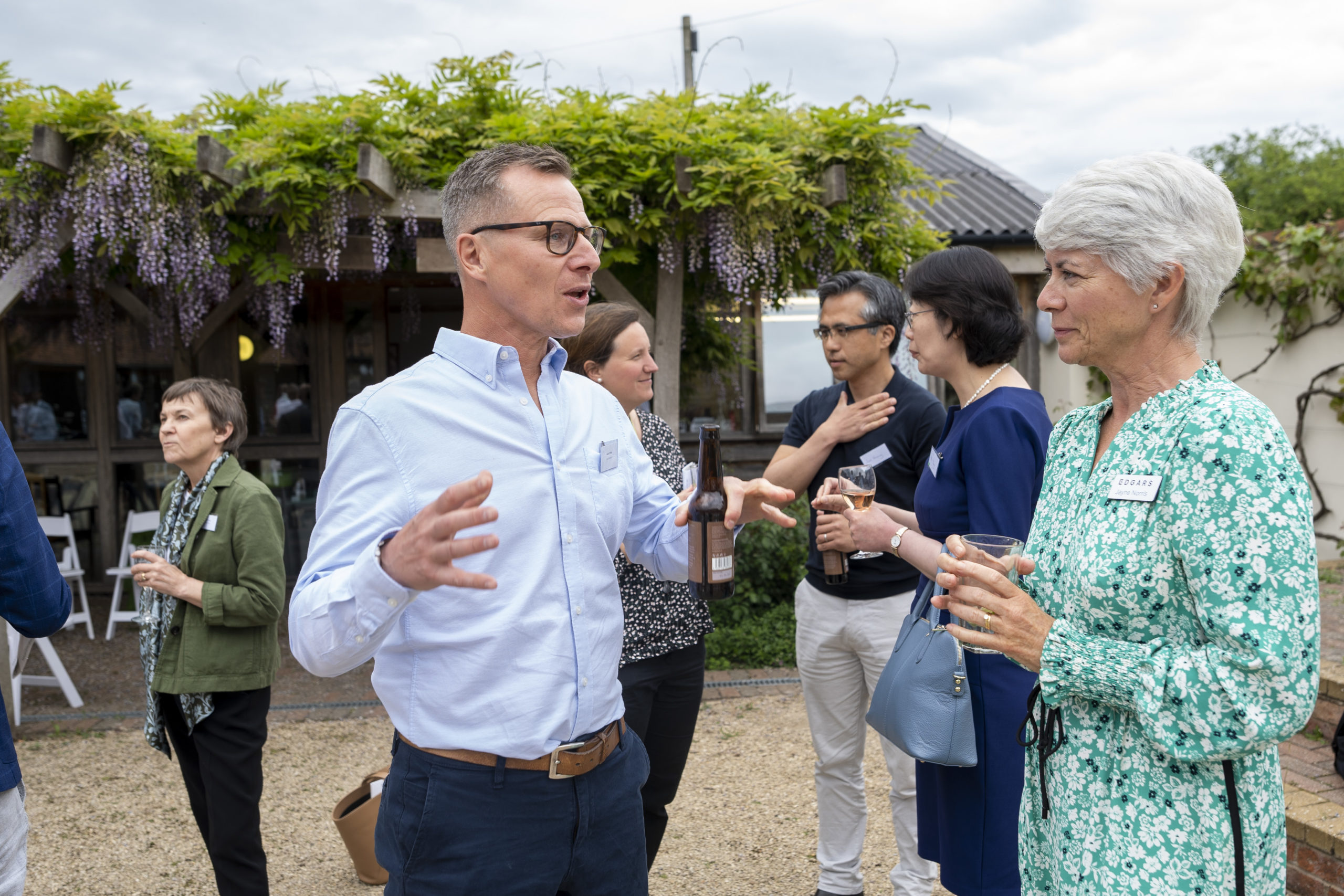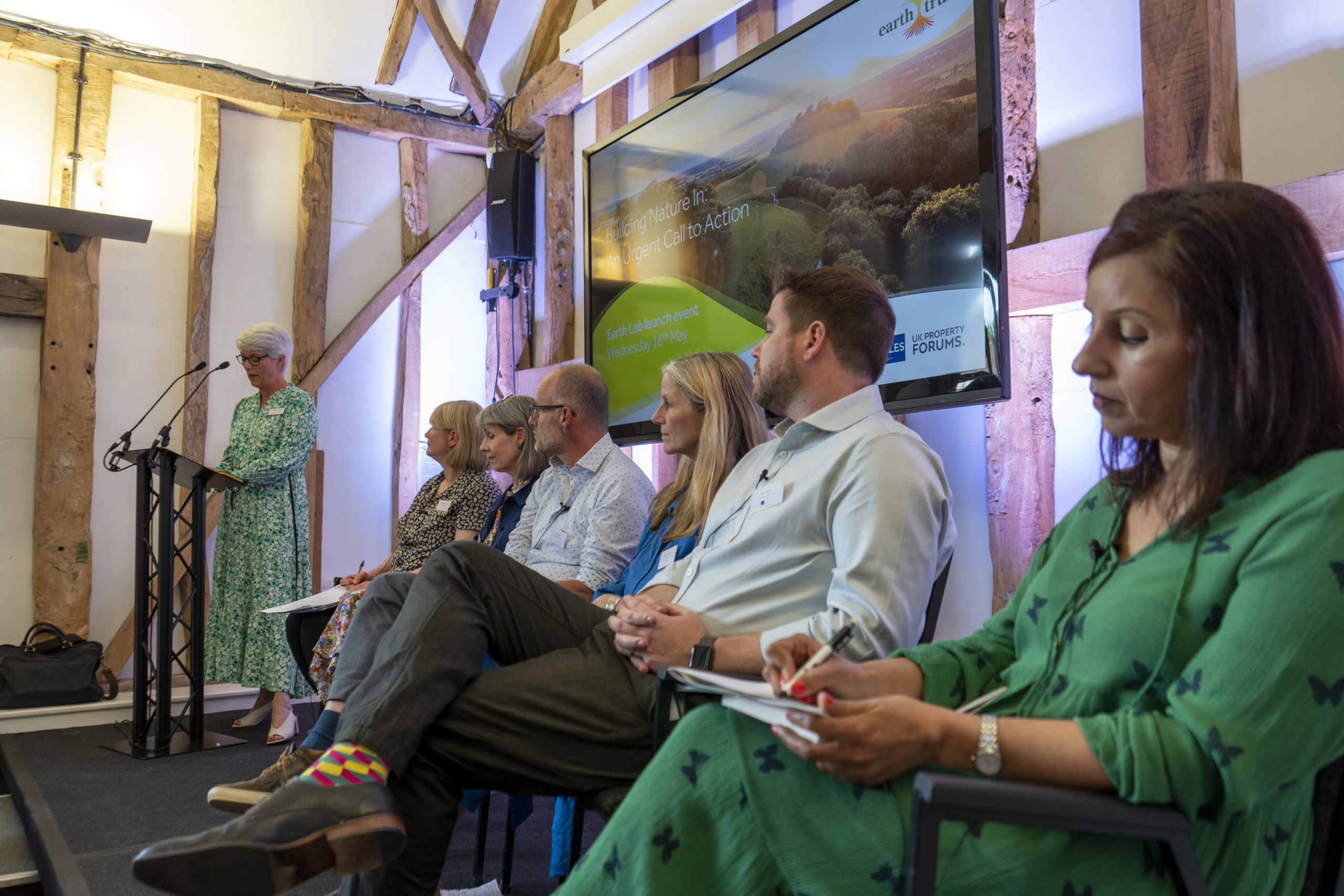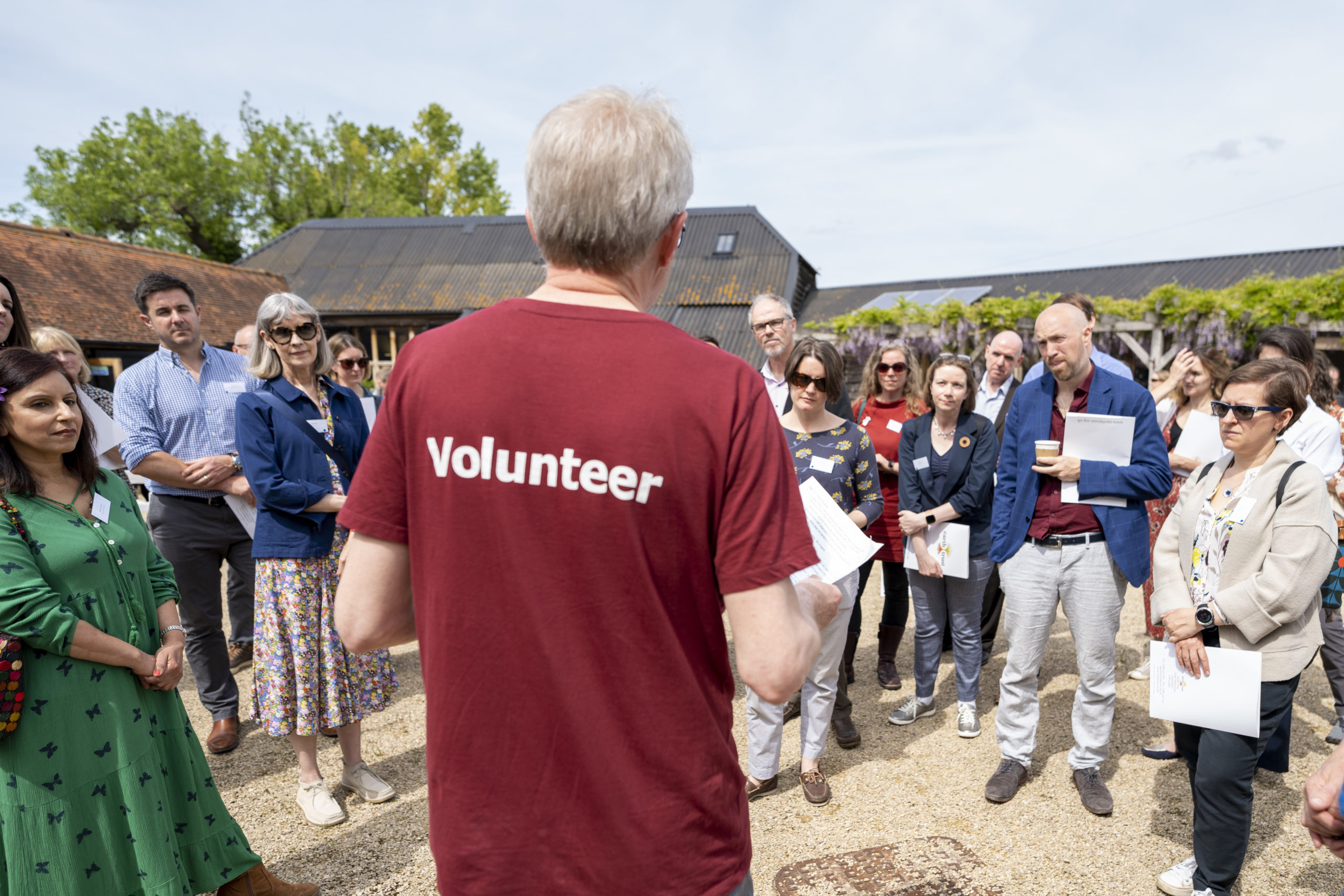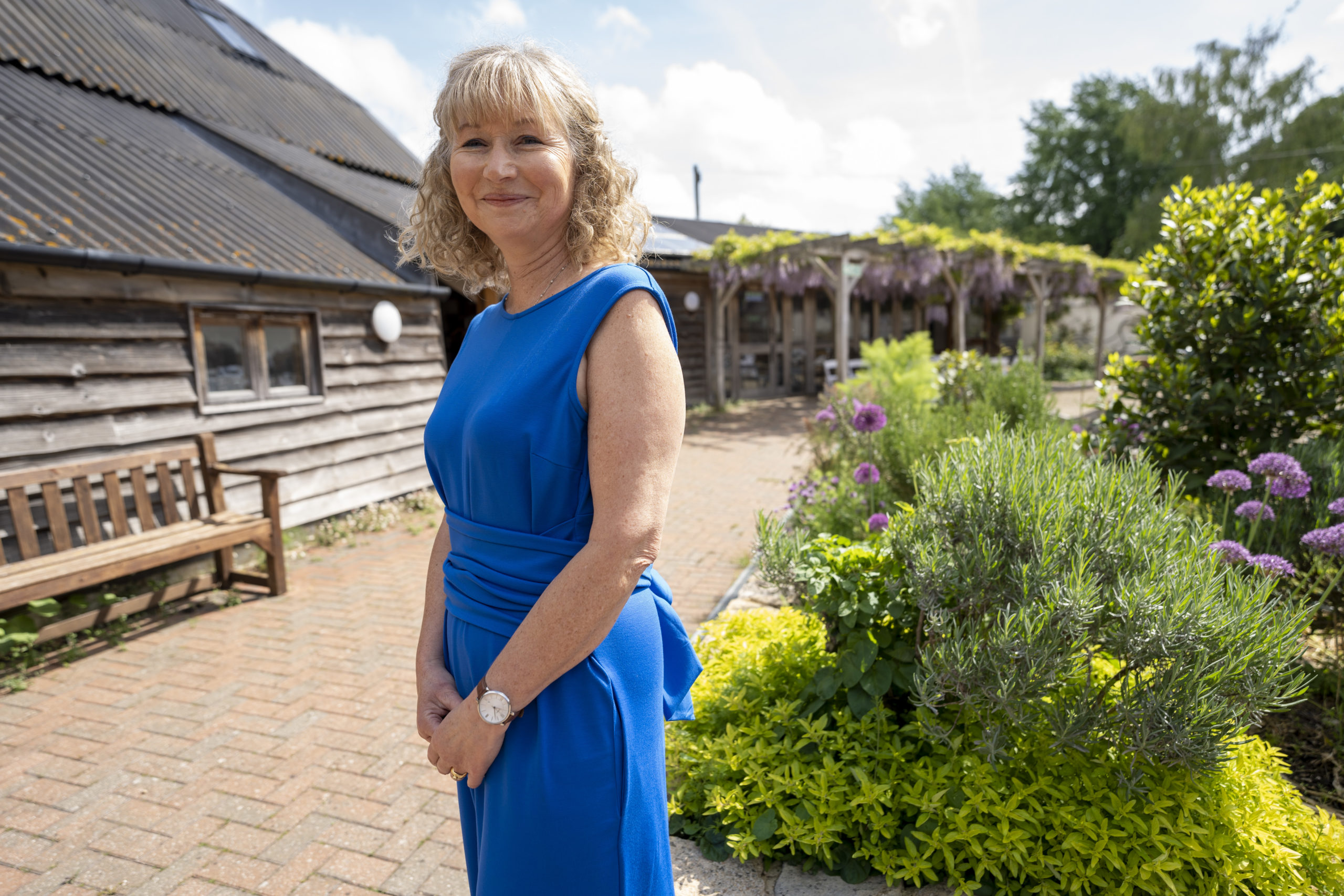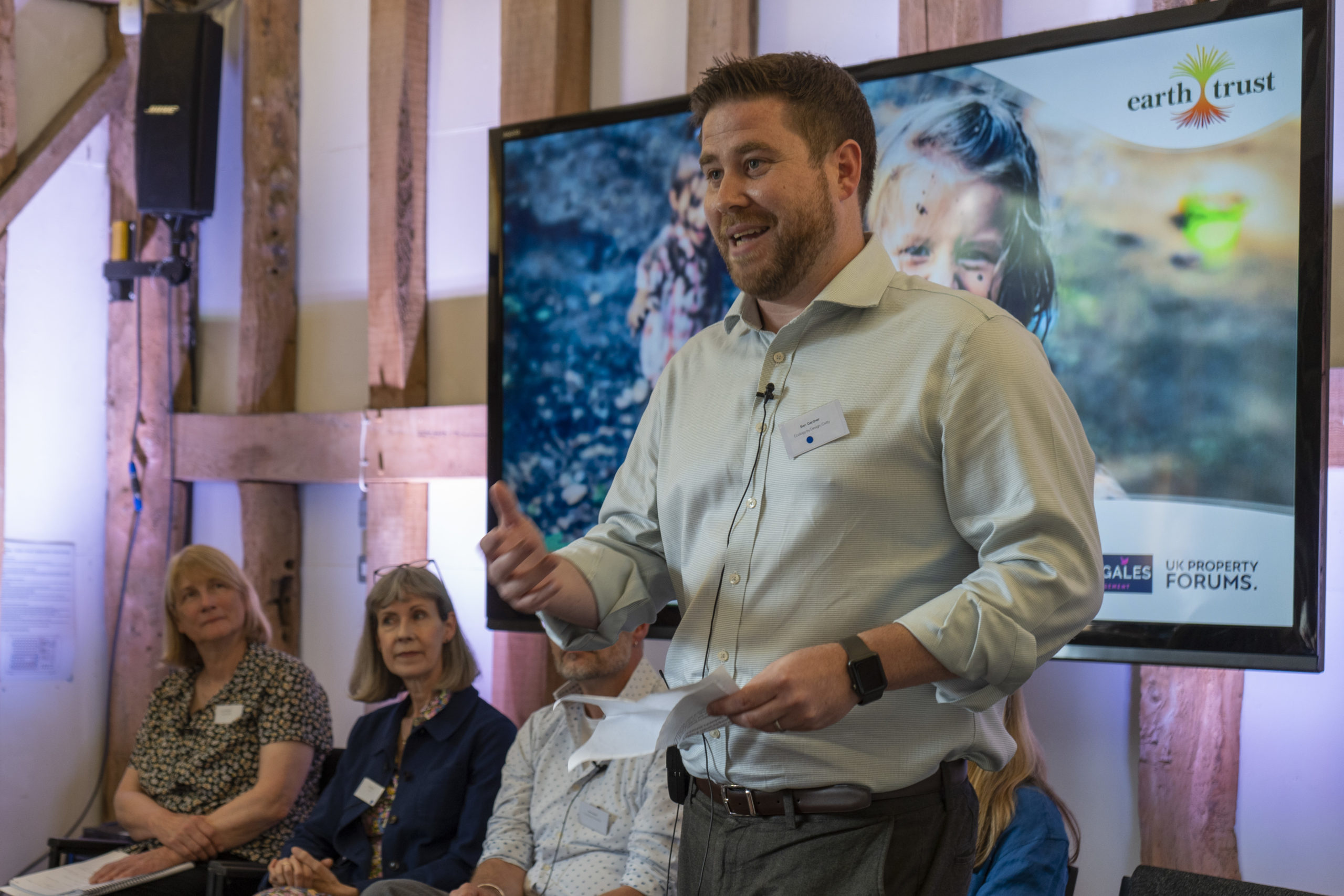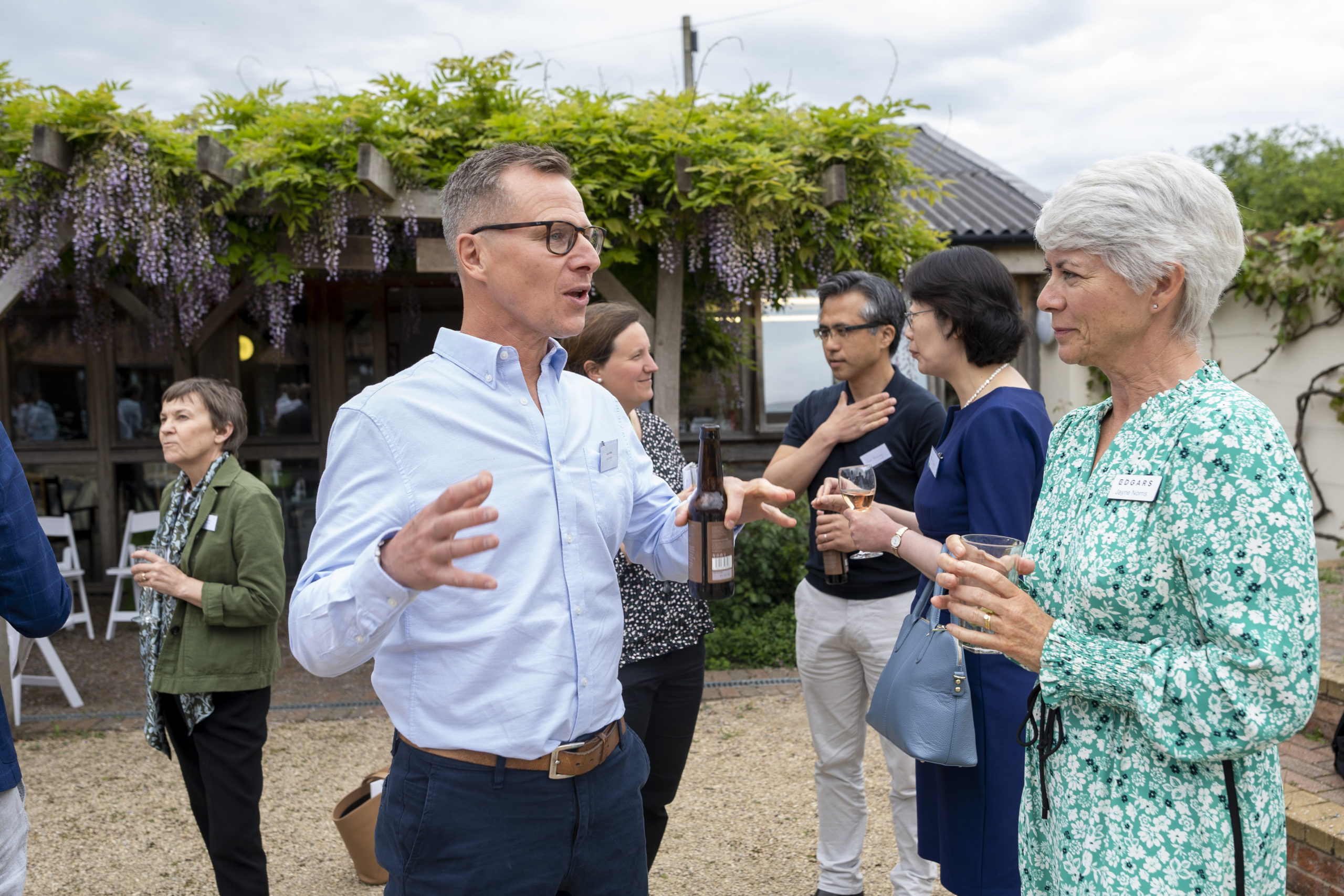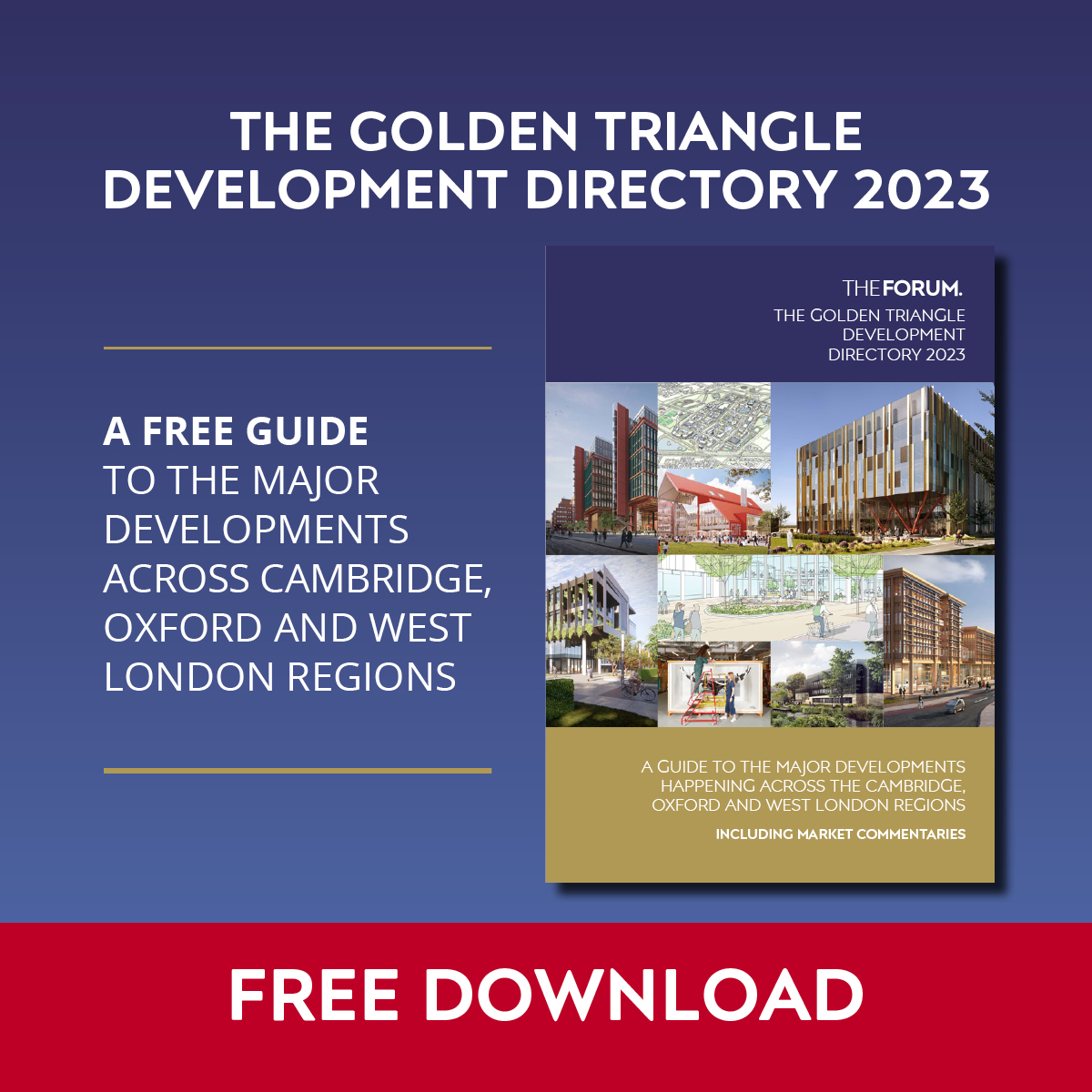Planning policy needs to put nature first with green infrastructure made mandatory for housebuilders, delegates heard at a conference at the Earth Trust.
The Building Nature In event on May 18, attended by around 100 public and private sector figures, including many in property and construction, discussed how the natural world is brought into developments and their communities.
Julia Thrift, director of healthier placemaking at the Town and Country Planning Association (TCPA), said planning policy is gradually moving in the right direction but at the moment, nature is simply ‘fitted in’.
She went on: “Last week the Government announced a new Levelling Up and Regeneration Bill and that includes significant reforms to the planning process.
“And while there are things to welcome in the bill, it doesn’t represent the radical transformation in planning policy that the country so urgently needs.
“Planning policy should start with a very clear statement. The very first sentence should say ‘the purpose of planning is to support the health of the planet and support the health of the people who live on the planet’.
“At the moment planning is sometimes described as a process without a purpose and we at the TCPA think it should have a very clear purpose about the wellbeing of the planet and the wellbeing of people.
“England urgently needs planning policy that builds nature in rather than tries to add it round the edges.”
Earlier, Jane Houghton from the Natural England (NE) said NE is aiming to get local authorities to incorporate green infrastructure in Local Plans as part of its Green Infrastructure Framework which is due to be launched at the end of 2022.
Rachel Stancliffe, director of the Global Healthcare Information Network, explained the formation of a concept called the NHS Forest, where trees were planted at hospital grounds along with a Nature Ranger Programme in which an ecologist works on hospital sites.
She said: “We are trying to integrate the use of nature into how the health system works.”
Audience questions prompted discussion around whether developers would build nature in voluntarily.
Ms Thrift said the demand for housing made buying unlike other major purchases such as that of a car where people have more choice.
She said: “People, desperate for homes, will buy what’s provided, whether they like it or don’t like it very much, so the incentives aren’t really there for housebuilders. I think that the only way to raise standards, and to have the high-quality green infrastructure that we need, is to have it, not as an option but as something mandatory that has to be achieved.
“And if that’s put into national planning policy, then that will mean that every single builder has to meet that standard so they will all have to do it. They will factor that into the price of land and they will deliver it.
“If it’s optional, some will do it, some won’t, it will happen in some places probably the wealthier places with the higher land values. It won’t happen in the poorer places with the lower land values where the worst health is.”
Guest at the event at Wittenham, Oxfordshire were given tours of the site including the Earth Lab, a learning and engagement building which won the award for Most Innovative and Sustainable Initiative of the Year at the OxPropFest Awards in September.
A video from the event will be available soon at the Earth Trust website.
Main image (thanks to Sarah Murray of edge Urban Design) shows Earth Trust chief executive Jane Manley setting the scene for the event.
First image in gallery from the day, below, shows (l-r) Matthew Battle (UK Property Forums), Jane Houghton (Natural England), Julia Thrift (TCPA), Peter Massini (green infrastructure consultant), Rachel Stancliffe, Ben Gardner (Ecology by Design), Geeta Ludhra (Brunel University).
© Thames Tap (powered by ukpropertyforums.com).
Sign up to receive your free weekly Thames Tap journal here.

